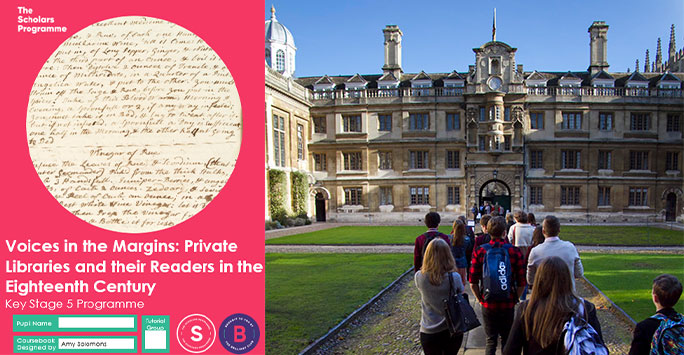
Can you remember your time at school? Think back to the opportunities and experiences available. Did the school encourage you and your fellow classmates to go on to study at a highly selective university?
Research from The Brilliant Club estimates that 1 in 50 less advantaged students go on to study at highly selective universities, compared to 1 in 4 from more advantaged backgrounds.
My experiences at a school in West Yorkshire were hugely positive, fostering a love of learning and the ambition to succeed. However, as a student at a school in a less advantaged area, my knowledge of university life was limited. Few students from my local area went on to study at selective universities and academic role models were difficult to find.
Working for The Brilliant Club
My journey to accepting a place at university to study a BA in English and History was enhanced by widening participation schemes at local universities, all aimed at encouraging students from less advantaged backgrounds to apply to and succeed at selective universities. I hugely enjoyed my university experience and chose the University of Liverpool to complete a collaborative PhD with the National Trust. When I started my PhD, I wanted to share my enthusiasm and experiences to encourage the next generation of students to attend university.
I have been working with The Brilliant Club for over a year to help to close the gap between the least and most advantaged students through The Scholars Programme. The programme takes place over seven university-style tutorials and encourages students to develop the knowledge, academic skills and confidence needed to secure a place at university.
My Scholars course, titled ‘Voices in the Margins: Private Libraries and their Readers in the Eighteenth Century’, encompasses aspects of my research including eighteenth-century society, education, gender roles, libraries, and eighteenth-century reading experiences. I introduce students to primary and secondary sources and support them to conduct their own research. The course develops students’ critical thinking, analytical skills, and essay writing abilities. Students take part in interactive activities such as working in small groups to match key dates to events, take part in class debates, role-play as eighteenth-century readers, analyse primary sources and become handwriting detectives to understand eighteenth-century marginalia. The course culminates in students writing an extended essay and receiving university-style grade and one-to-one feedback. Following the course, students attend a graduation ceremony at a local university. This enhances students’ knowledge of university and encourages them to push themselves outside of their comfort zone.
So far, I have delivered my course to students from Key Stage 4 and Key Stage 5 at three schools across the North of England. Through my work with The Brilliant Club, I have developed skills in presenting research to non-academic audiences, facilitating discussions, broadened my teaching experience and taking part in a meaningful public engagement activity. The rich discussions I have with students continue to shed new light on my research and reflect upon my research aims.
Can you remember your time at school?
As someone who attended a less advantaged school, my work with The Brilliant Club allows me to reflect upon my own journey to university and to share my experiences with students. The opportunities provided by The Brilliant Club are invaluable to students because they give students a taste of university life and allow them to develop the academic skills and confidence to apply to a selective university. Find out more about becoming a tutor for The Brilliant Club here.
More about Amy Solomons.